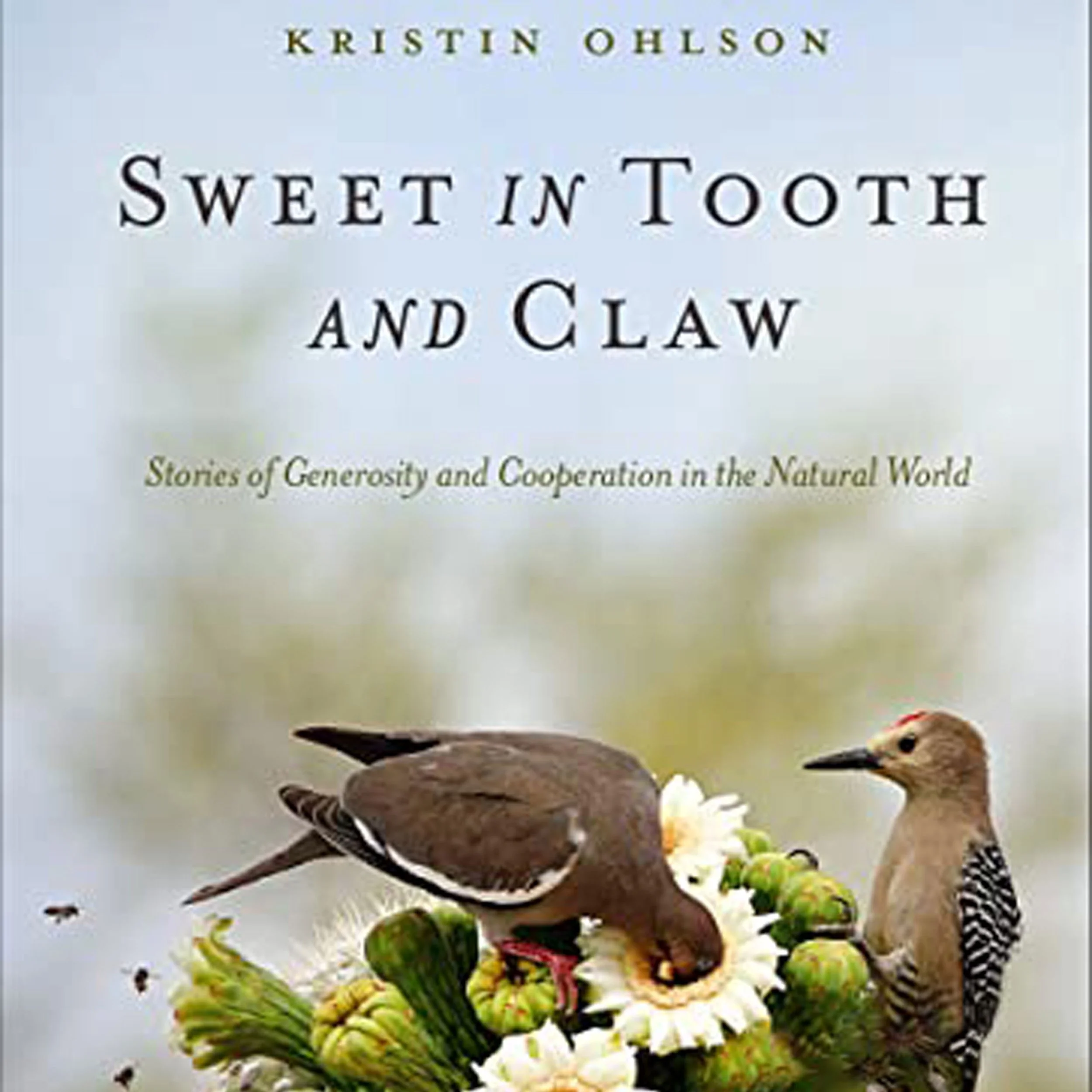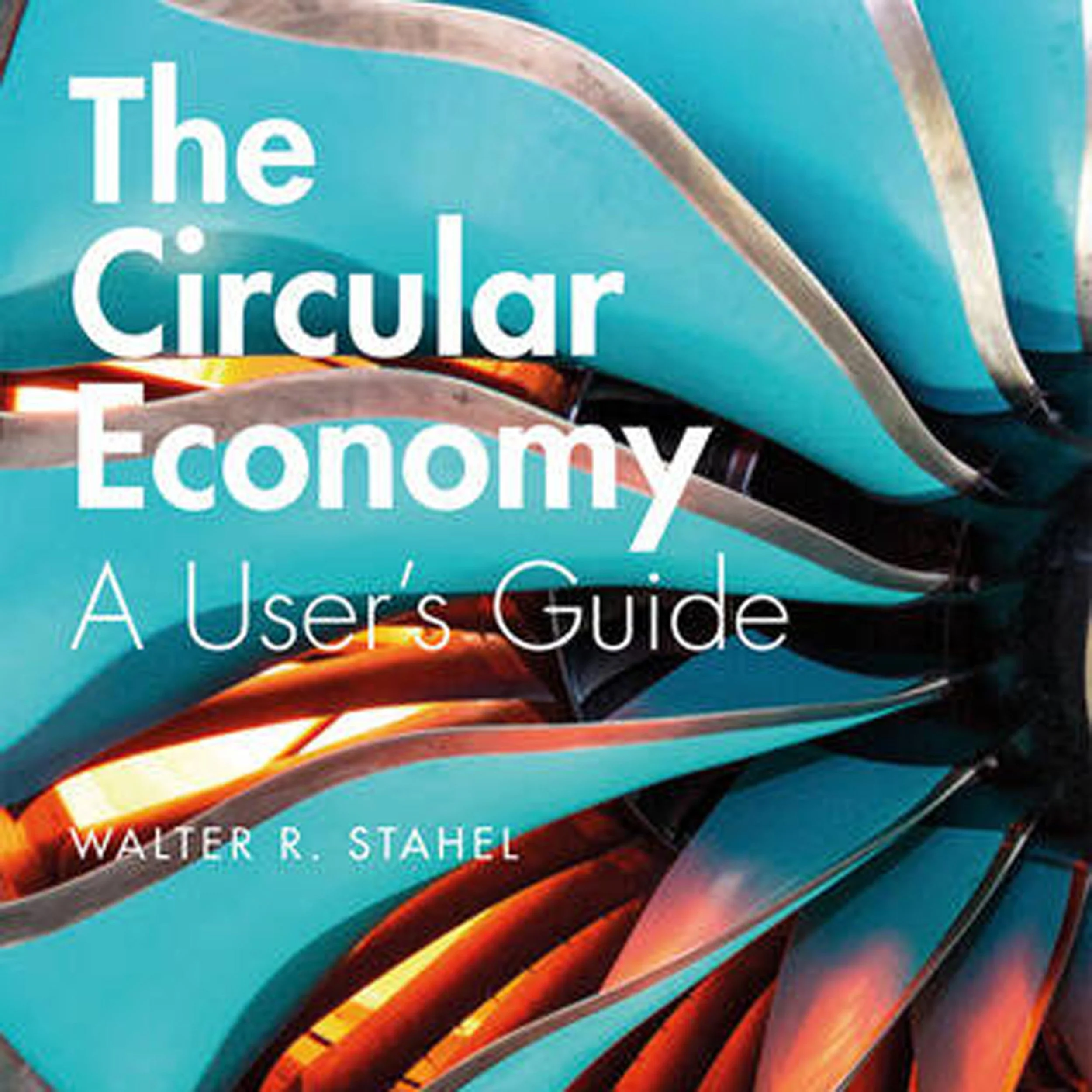Why is there so much conflict over people, land and resources? AUDREA LIM
/How We Can Fight Poverty & Climate Chaos
with Environmental Journalist & Author AUDREA LIM
When I first started writing this book, it really foregrounded the problems within our land ownership system, which treats land as a commodity. The way we talk about land and issues like racial and food justice reflects this. We tend to focus on the problems, attaching big concepts to them, such as racial justice or environmental justice. I realized that my job primarily consists of going around and talking to activists and community groups about their work. I’m interested not just in the very big problems we face as a society, economy, and political system, but also in how people are trying to think through solutions or approaches to those problems.


















